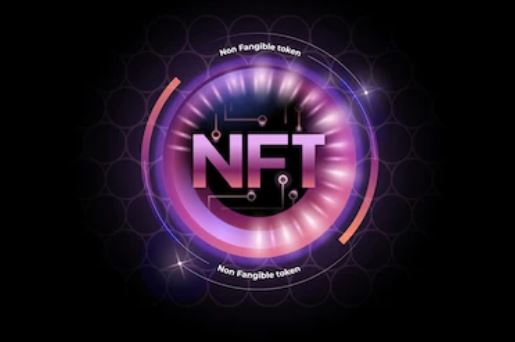Protection of Nonfungible Tokens in Nepal
Introduction
One major trend influencing Nepal’s digital transformation is the country’s quick adoption of the internet and mobile wireless communications. The National Information and Communication Technology Policy, 2015, has therefore been a key policy action. The ICP was created with the emphasis on leveraging the economic and transformative potential of IT to lay the groundwork for a comprehensive vision of Digital Nepal. Significantly, the ICP also established the framework for a thorough cyber-security strategy that, despite being created, was never implemented.

The Nepal Privacy Act was passed in September 2018. The Privacy Act, which implemented the constitutional right to privacy, had a big influence on how personal information was used legally. It outlines the proper use of “personal information” held by public institutions as well as the consequences of a breach. Early in 2019, the Nepali government proposed a comprehensive IT Bill to replace the current Electronic Transaction Act. It encompasses all intersecting IT industries and might affect anything from social media use to surveillance, e-commerce, and technological innovation. The IT Bill mandates a licencing structure for numerous services, including social networks and data centres, while offering broad definitions for social network and service provider. It also penalizes offences such as cyber terrorism, publishing/display of obscene materials, acts against morality etc., and empowers investigating agencies to access and intercept data.
NFTs, which stand for “Non-Fungible Tokens,” must first be understood in order to comprehend what “fungible” means. A commodity is said to be fungible in economics if it can be exchanged for another unit of the same commodity without losing any value. For instance, a thousand rupee banknote is fungible because it is interchangeable with other thousand rupee bills and retains the same value.
However, as artwork typically cannot be duplicated exactly and cannot be swapped with another without losing or gaining value, it is non-fungible.
“Non-Fungible Tokens” (NFTs) are units of data that can be sold, traded, and are kept on a digital record known as a blockchain, despite not being currency. A file or physical thing, as well as a licence to utilise that asset for a specific purpose, can all be linked to NFT.
An NFT and the corresponding permission to use, copy, or display the asset can be bought and sold in digital markets. Therefore, it can come in a variety of shapes, including artwork, music, videogame collectibles, trading cards, and even memes. NFTs can be purchased with cryptocurrencies, but since they are not cryptocurrencies, people in nations where cryptocurrencies are not allowed can own them lawfully like Nepal, China, India, Egypt, Iran, Russia and many more.
Despite the fact that the Nepalese government has outlawed all types of cryptocurrency, NFTs are fully lawful to own. Versions of the original data can be replicated and shared just like any other file because they are not restricted to the NFT’s holder. NFT is similar to having the copyright of a digital data form, which as was already mentioned can take many different forms.
Some groups have historically built towns around their NFT holdings. And a public proof of ownership for the NFT can be provided via blockchain technology. Because they are not interchangeable, NFTs can be separated from other blockchain-based crypto currencies like Bitcoin or Ether (fungibility).
However, Nepal must permit the so-called “fiat-ramp off,” or the conversion of Bitcoin (BTC) or Ethereum (ETH) into Nepali Rupees (NPR). Due to the fact that NFTs are blockchain-based and must be traded using their native coin, trading them can be regarded as partially unlawful. Nepal’s potential is limited by a lack of acceptance in these sectors and a lack of government laws on international payments, although there is significant room for NFTs in Nepal’s art sector.
Conclusion
Although the artwork is “owned” by an NFT owner, it is still open to downloading, copying, and sharing. NFTs are viewed as the future of ownership by enthusiasts. They predict that soon the ownership status of all types of property, including concert tickets and homes, will be tokenized in this way. NFTs may offer artists a way to monetise their digital works of art. As a royalty is paid each time an NFT is sold after the initial transaction, they can make more money from NFTs. NFTs are mostly unregulated, just like cryptocurrencies. An NFT can be produced and sold by anybody, and its worth is not guaranteed. If the buzz fades, losses may accumulate. However, it is clear from a legal perspective that Nepal does not accept NFTs there. Artists lack the will to innovate and produce new designs unless they are not protected. Therefore, it is important to safeguard these creators’ legal rights.
Author: Tanya Saraswat, in case of any queries please contact/write back to us at support@ipandlegalfilings.com or IP & Legal Filing.


